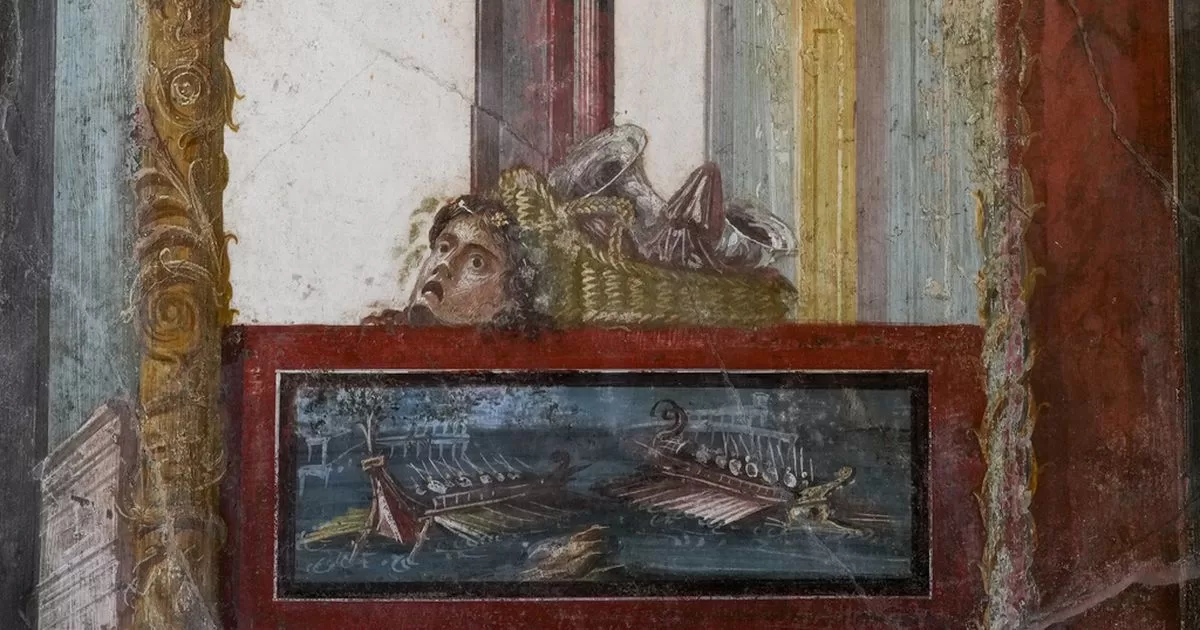Juarez City.- Through high-tech projects that can improve the quality of life of people, the Creativity Node for Innovation and Entrepreneurship (NCIE) of the Technological Institute of Ciudad Juárez (ITCJ), supports students and teachers in the development of ideas .
Leonel Noé Betance González, 20, who is studying the sixth semester of the Mechanical Engineering degree at the ITCJ, continues with the Transfemoral Prosthesis project made in 3D printing, with computer design and 3D scanning, which was originally designed for a high school teacher for two years.
The research center works with internal projects for the generation of technology-based knowledge, external ones for the design and development of technology in conjunction with the industry, and summons, which are social impact projects, with health and infrastructure and recycling projects. of materials, explained the teacher Rafael Rodríguez, head of the Node.
“The project interested me because I can implement the technologies that interest me the most, such as additive manufacturing, in this case through 3D printing, which is something I had already experimented with for a while, and now that I have been offered the The opportunity to put it into practice for something that also helps people with innovative technology, seemed very appropriate to me”, explained Betance González.
The current prototypes they are using are made of PLA or polylactic acid and can hold close to 80 kilograms, but the idea is not to use it since it is only for geometric reference or measurement to confirm that the dimensions are correct.
The prostheses that are going to be made are made of acrylonitrile butadiene stridene (ABC), which is another more resistant material and which combined can withstand up to 200 kilograms, explained the student.
The piece is basically a casing that is put around the ‘socket’ and a base or cylinder beam that extends from the knee to the ankle. The preparation is cheap compared to other prostheses that are made by hand, explained Betance González.
“Compared to another type of prosthesis that would be like an artisan manufacture, this is a manufacturing system that automates the creation system quite a bit, and the material is cheap compared to other prostheses… the final result could be a thousand pesos” , explained the interviewee.
For now, the prosthesis project is available to Technological members, especially for a teacher – whose name has been omitted – who has a disability and who would like to have a more advanced prosthesis, however, in the Node they are willing to offer them to other external organizations that interest them.

